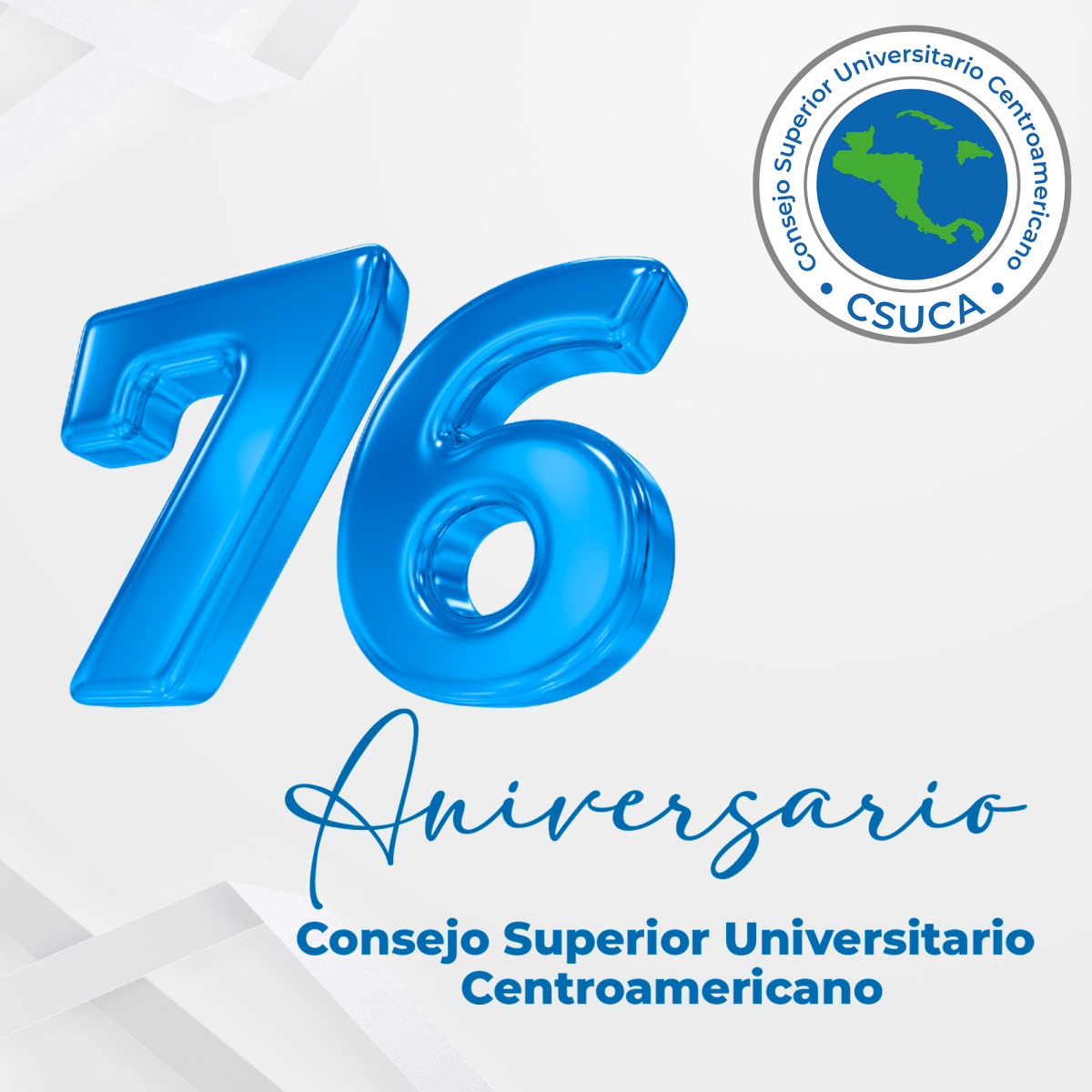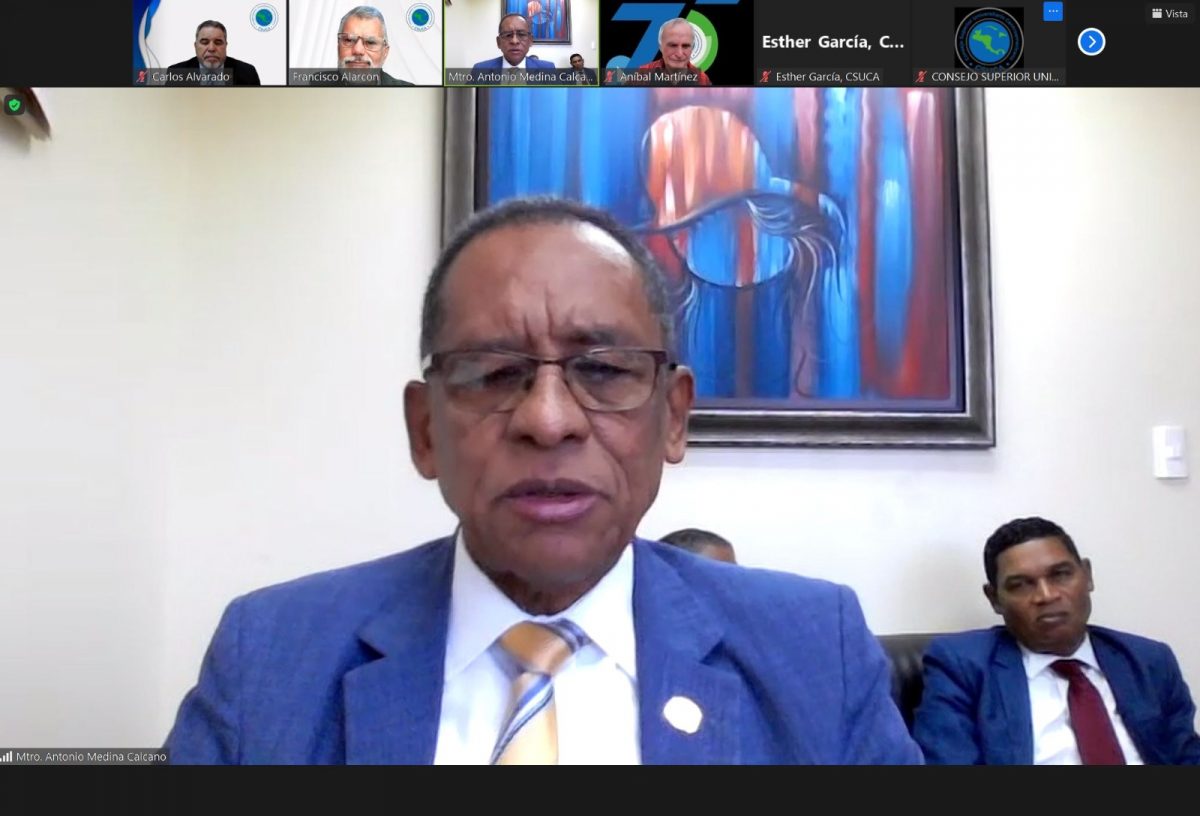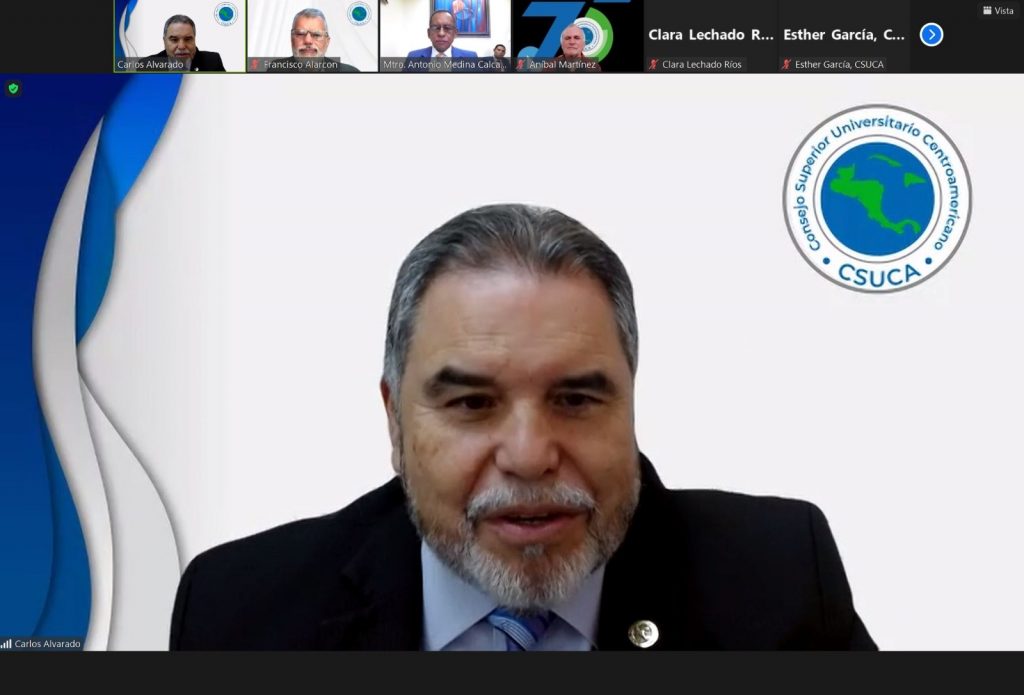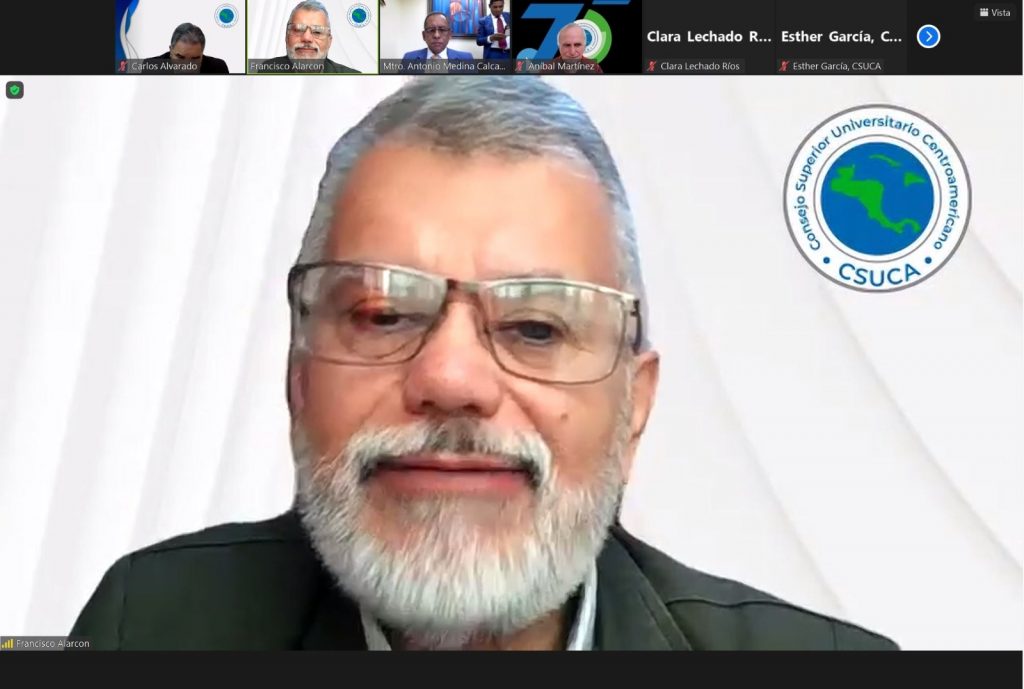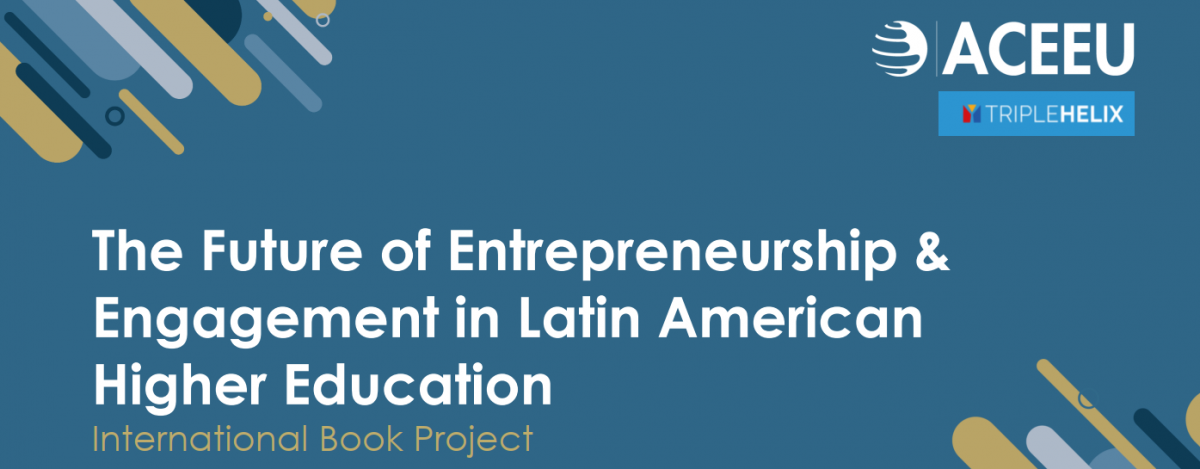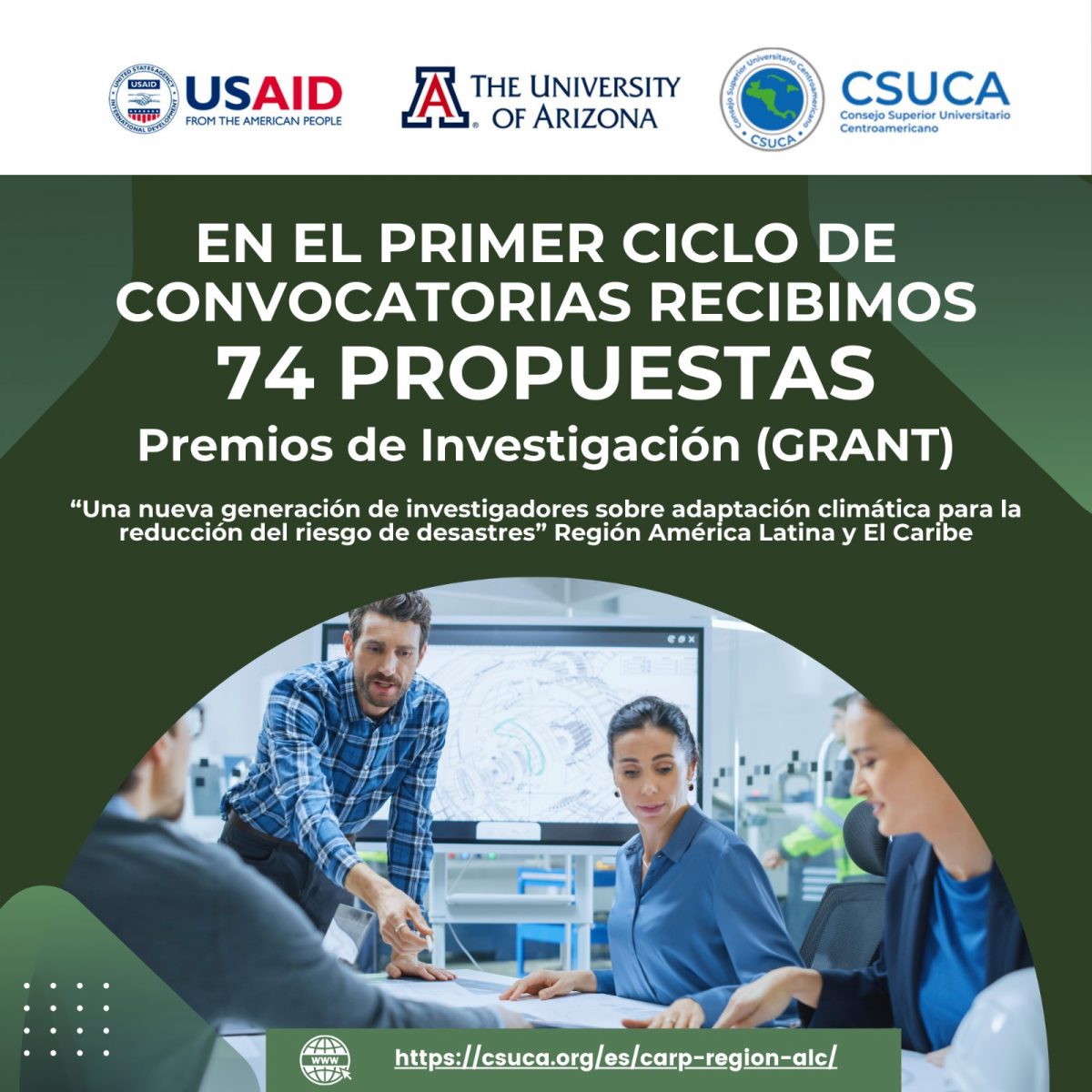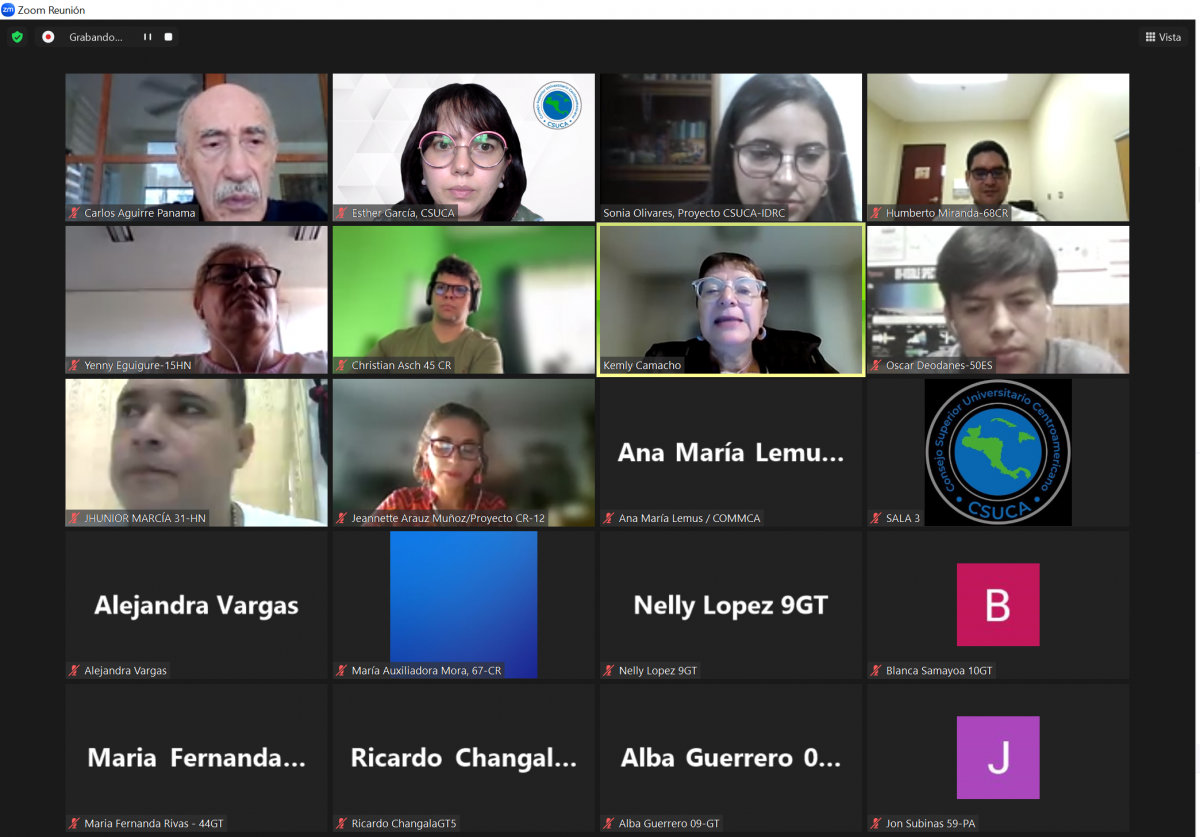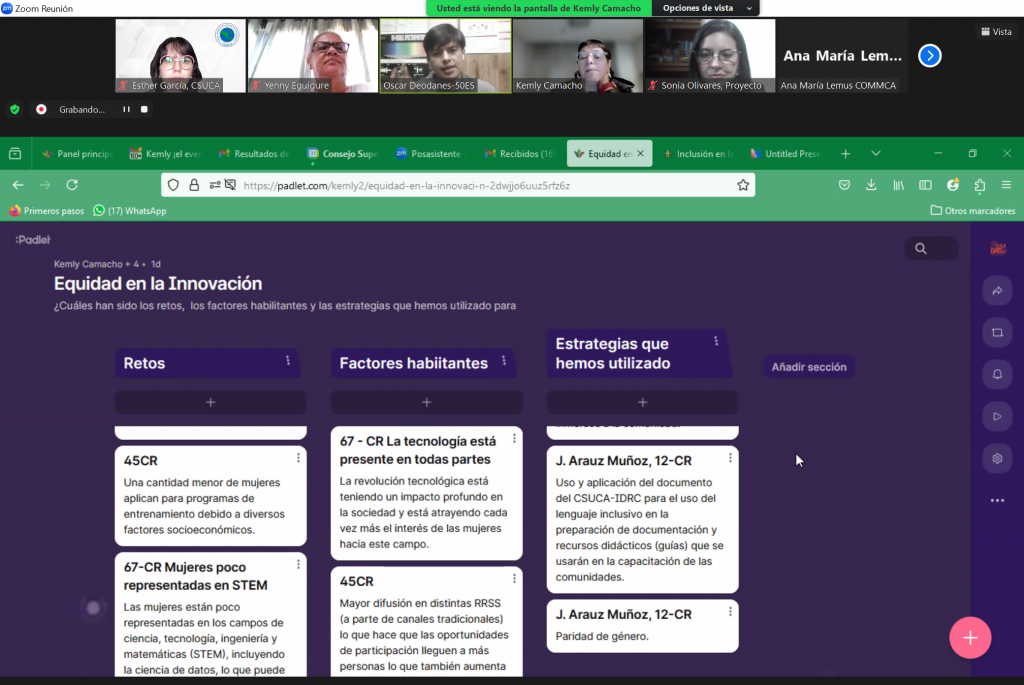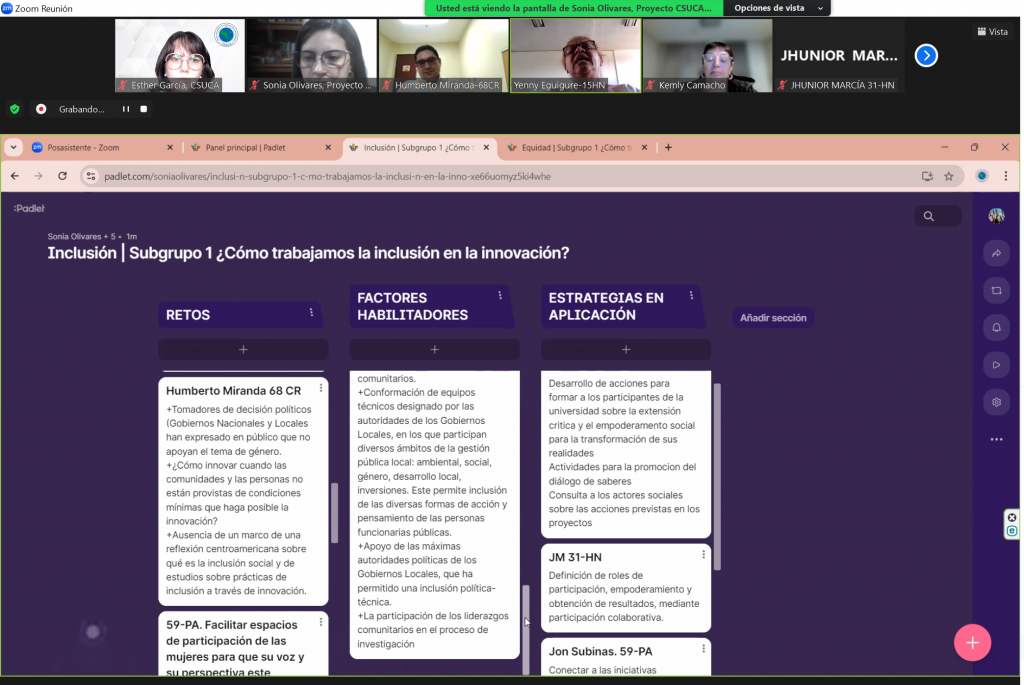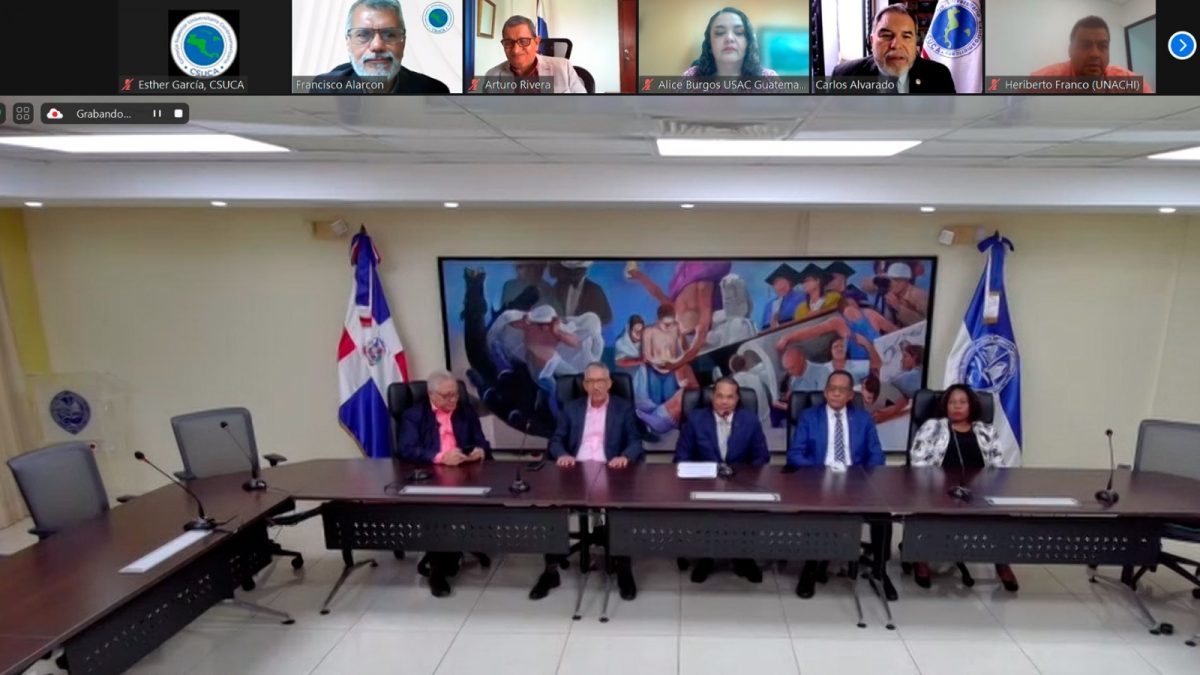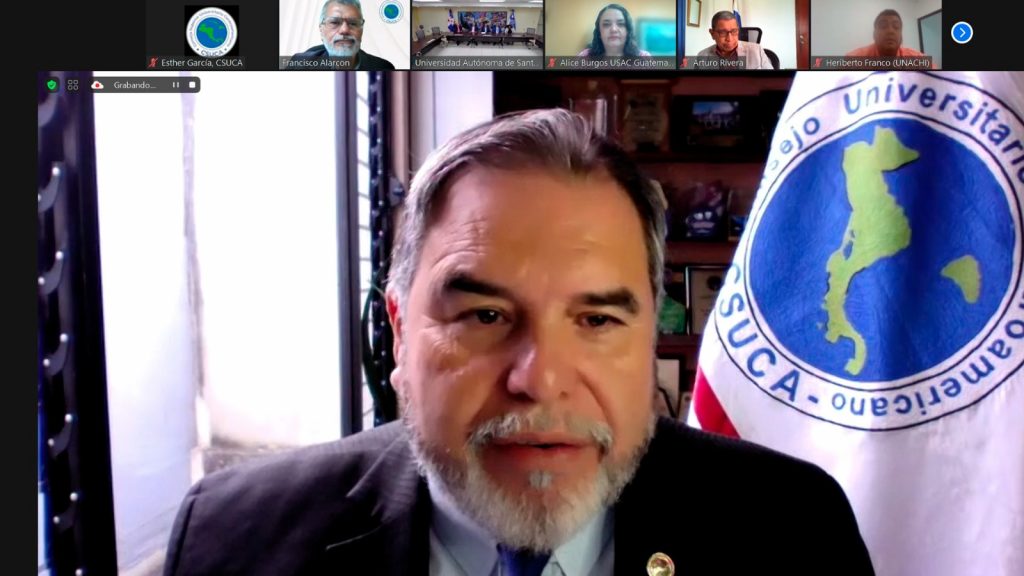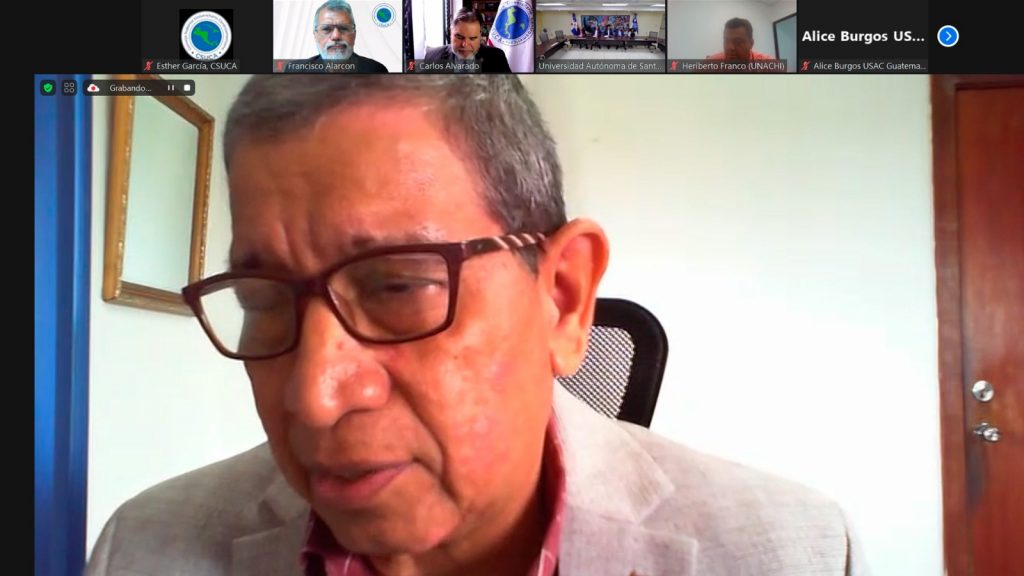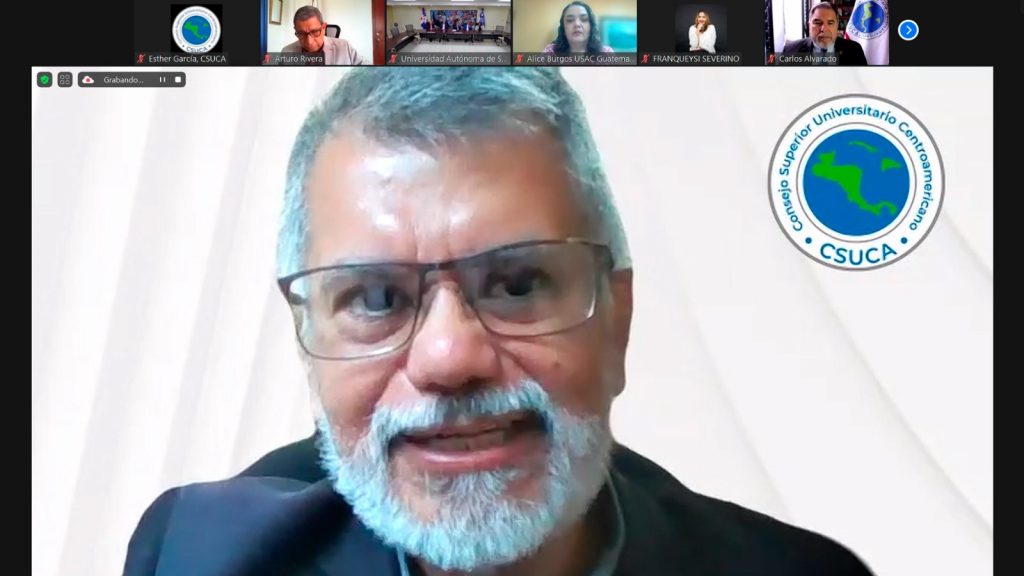Centroamérica y el Caribe 20 de Septiembre de 2024
El día de hoy se conmemora el 76 aniversario de la Confederación Universitaria Centroamericana y su órgano de gobierno el Consejo Superior Universitario Centroamericano -CSUCA-.
Ente Rector de la Educación Pública Superior de los países de Centroamérica, República Dominicana y Cuba, responsable de promover el desarrollo de las universidades a través de la cooperación y el trabajo conjunto con la sociedad y el Estado, para el abordaje integral de los problemas regionales y de sus propuestas de solución, actuando en un marco de compromiso, solidaridad, tolerancia, transparencia y equidad. Asimismo, propicia el desarrollo del conocimiento científico, tecnológico y humanístico, impulsando la formación de profesionales con criterio y capaces de tomar decisiones e incidir en el desarrollo sostenible de la región.
En la actualidad el CSUCA se conforma por 27 universidades públicas y tiene como objetivo estratégico contribuir a la integración de la Educación Superior en la Región Centroamericana y del Caribe, fortaleciendo el desarrollo institucional en el marco de la Autonomía Universitaria. Promoviendo la internacionalización de las universidades e impulsando cambios e innovaciones académicas.
Desde las universidades que integran la Confederación Universitaria Centroamericana, se realiza un trabajo integrado, colaborativo, coordinado y solidario que involucra la participación activa de las y los señores Rectores, Investigadores, Docentes, Estudiantes y Personal Administrativo teniendo como instrumento de trabajo el Quinto Plan para la Integración de la Educación Superior de Centroamérica y República Dominicana -PIRESC V-, el cual enmarca el trabajo que se debe realizar en los 08 Sistemas Regionales del CSUCA operativizando los 07 Programas de Trabajo, los cuales están desarrollados con sus respectivos objetivos estratégicos, líneas de acción, indicadores de logro y los responsables de cada actividad, lo que permite contar con una participación activa y responder de manera eficaz a las necesidades de la Sociedad.
Asimismo, valoramos el apoyo de nuestros aliados estratégicos, que gracias al alto sentido de apoyo y colaboración con la Educación Pública Superior de la Región, nos permiten en gran medida fortalecer las capacidades de las Universidades que conforman el CSUCA lo cual se convierte en beneficio y desarrollo para nuestra Región.
¡Larga Vida a la Confederación Universitaria Centroamericana!

